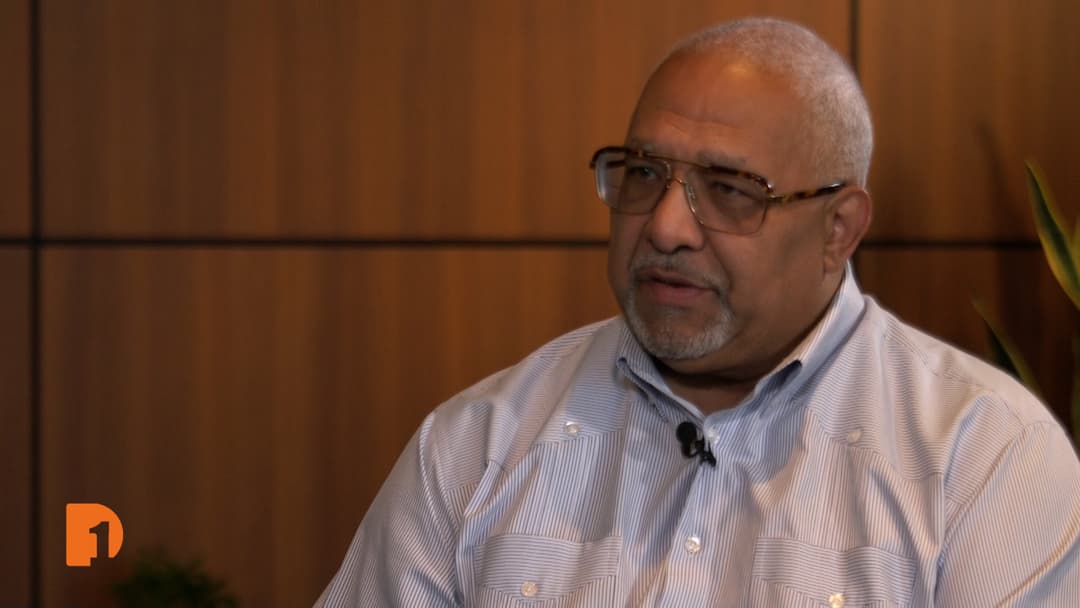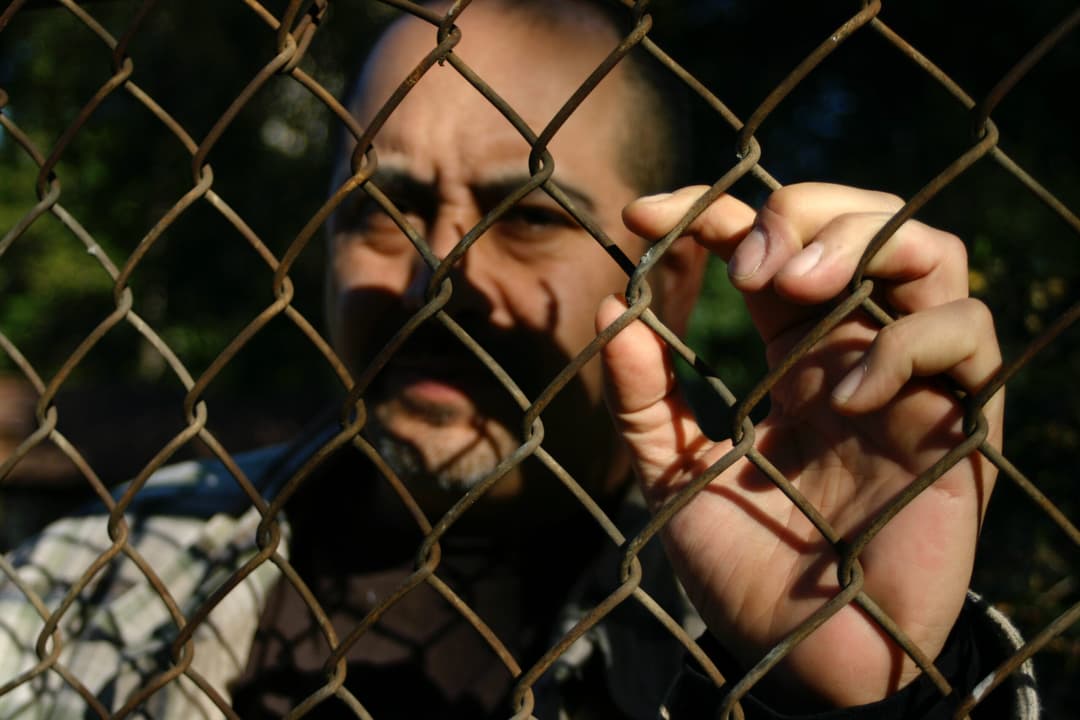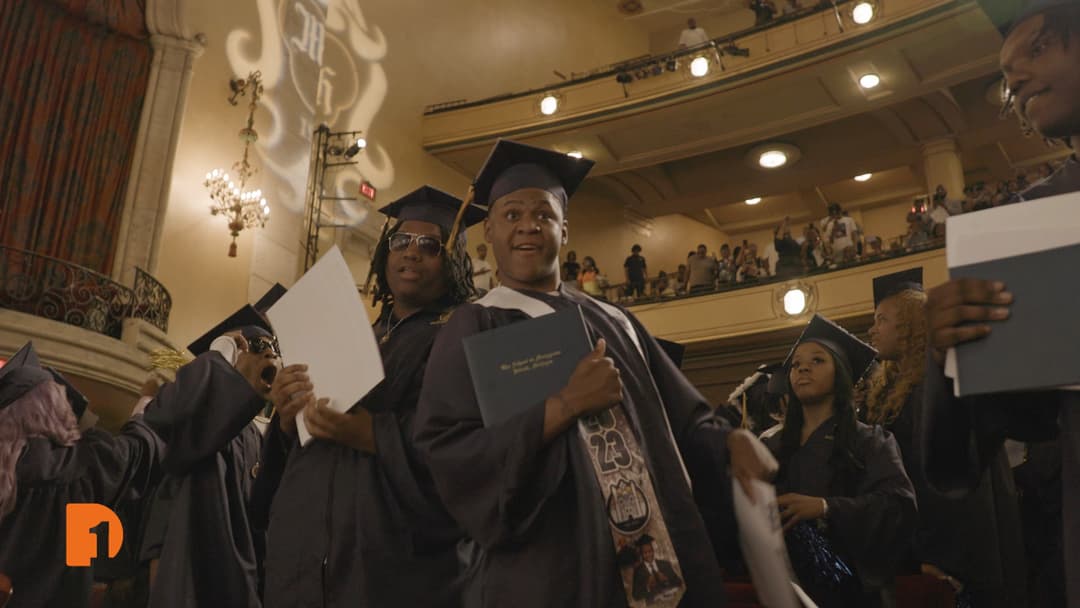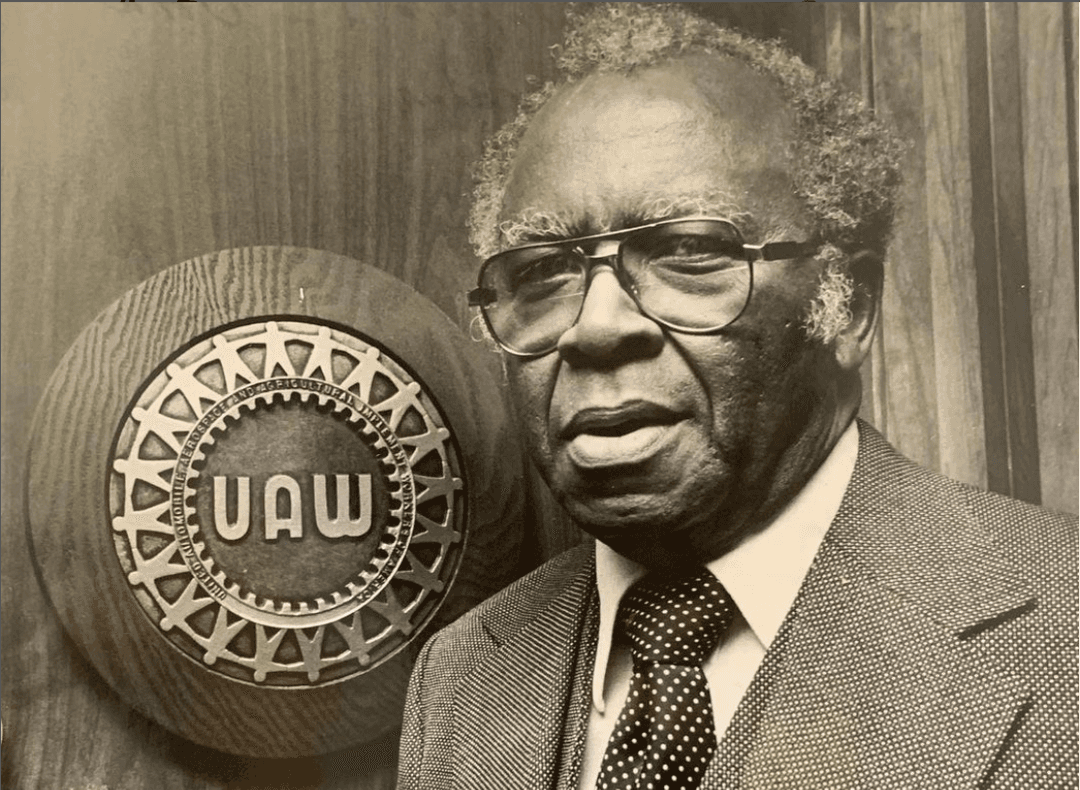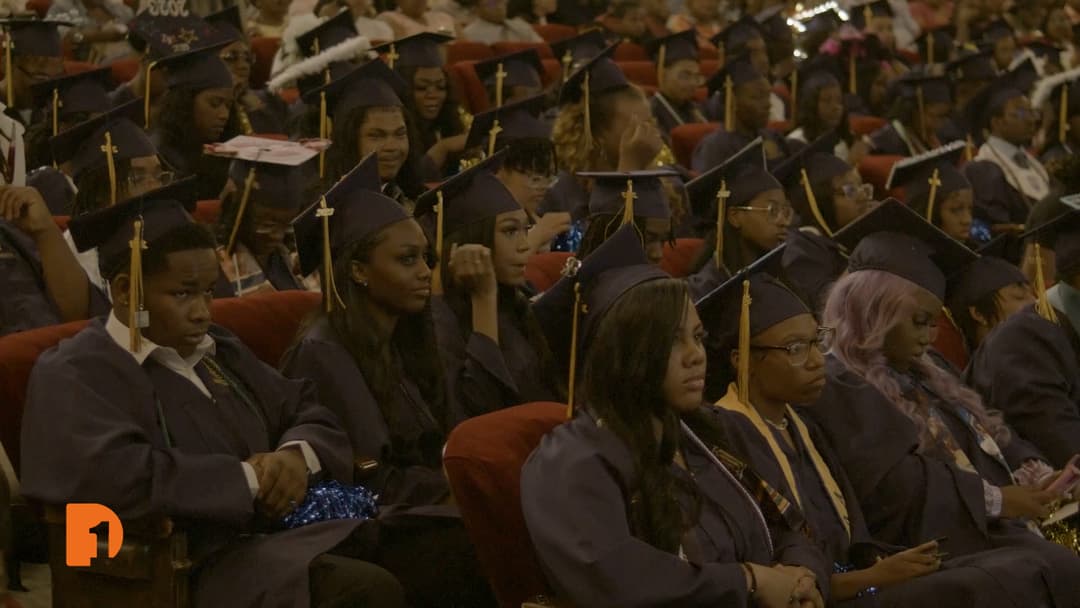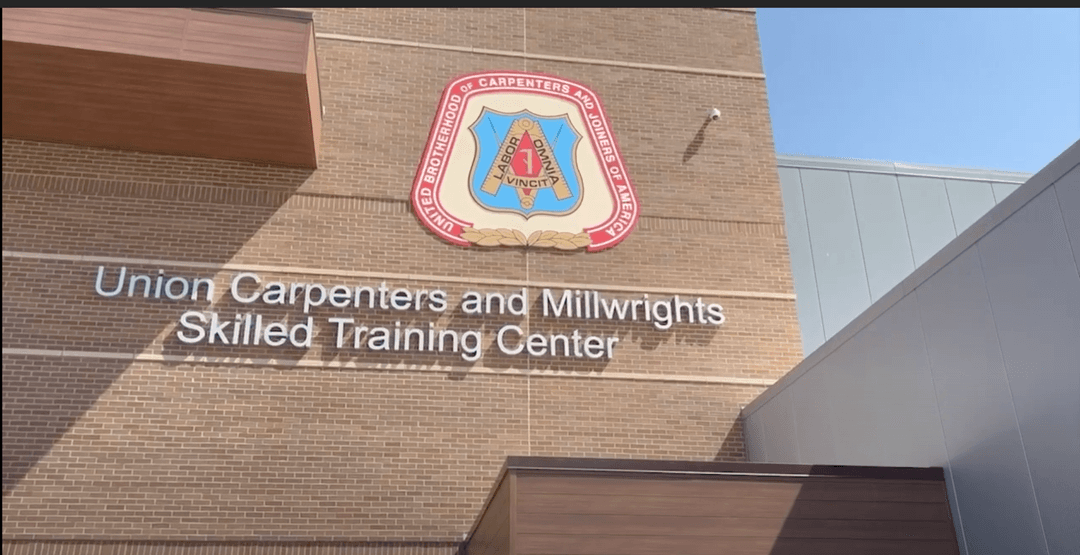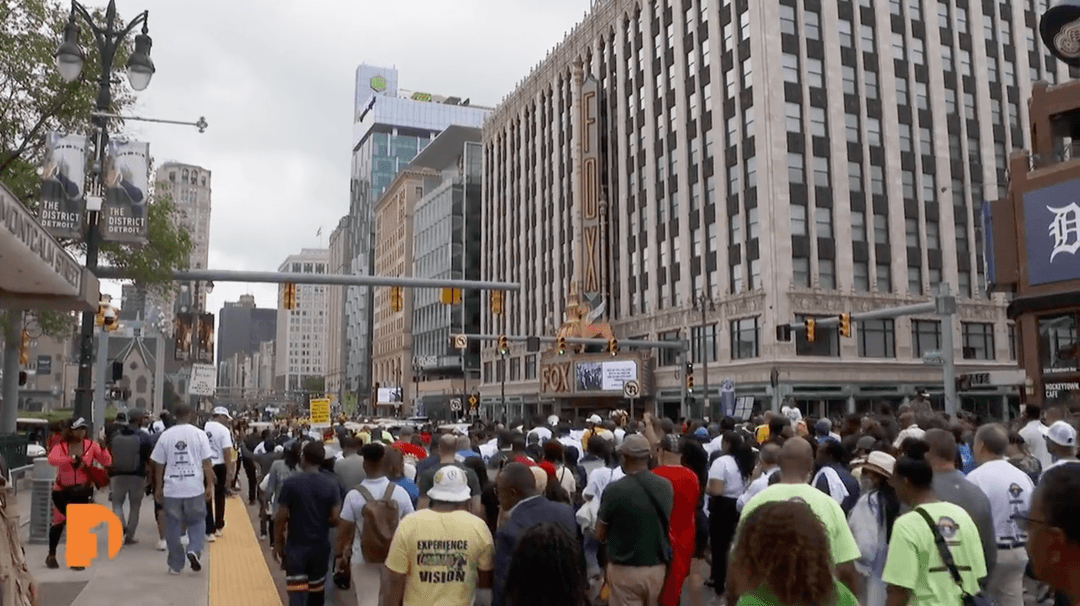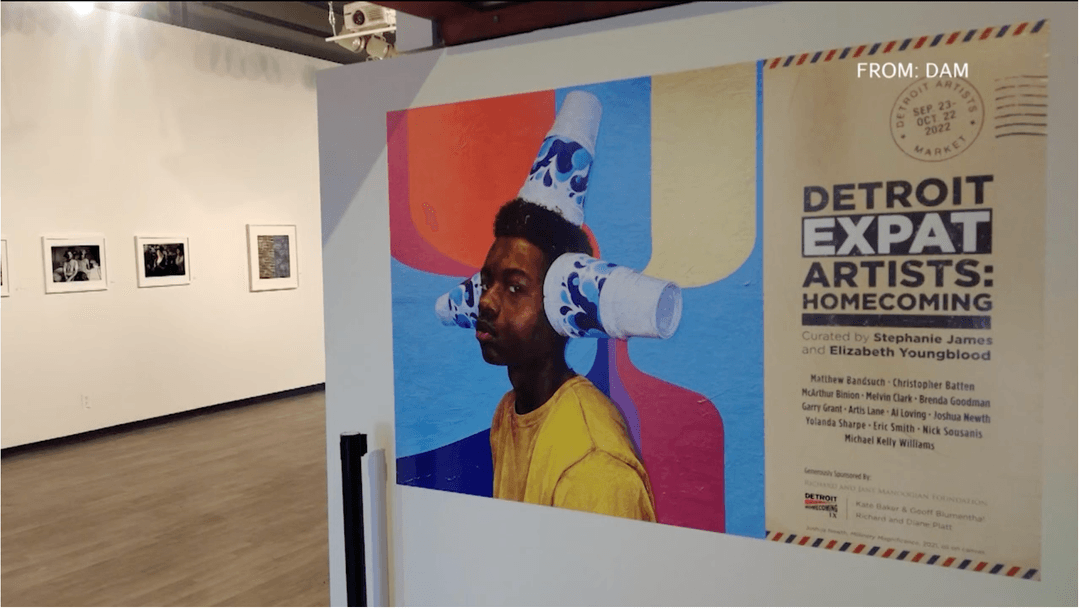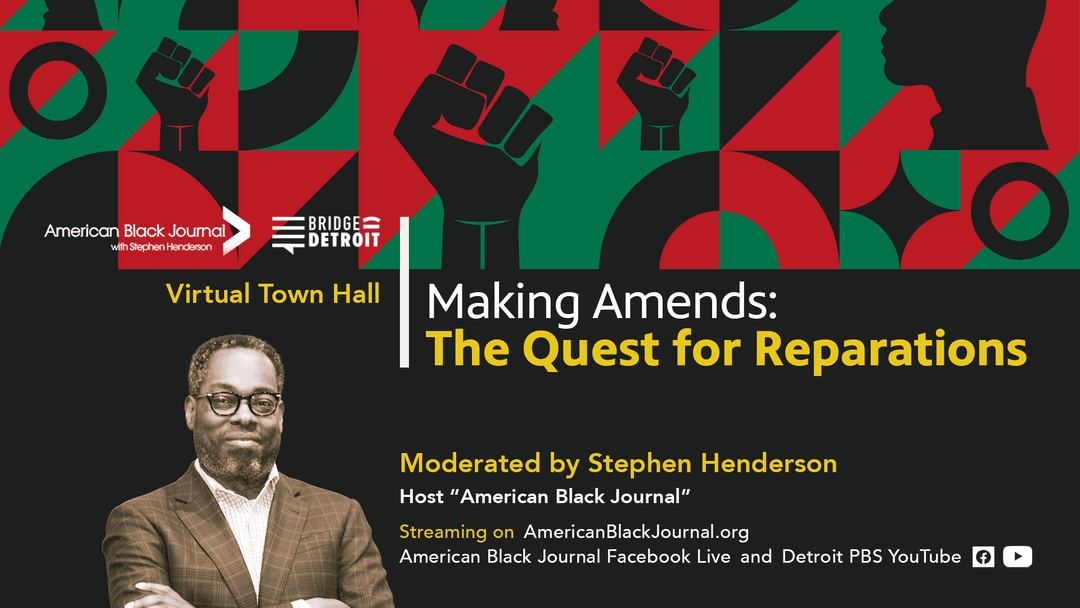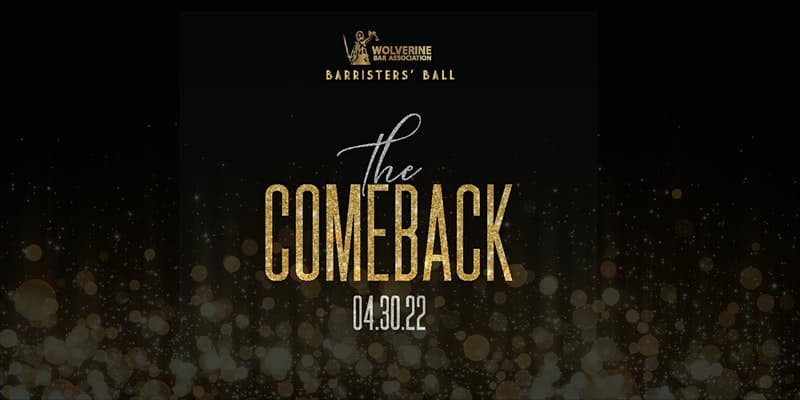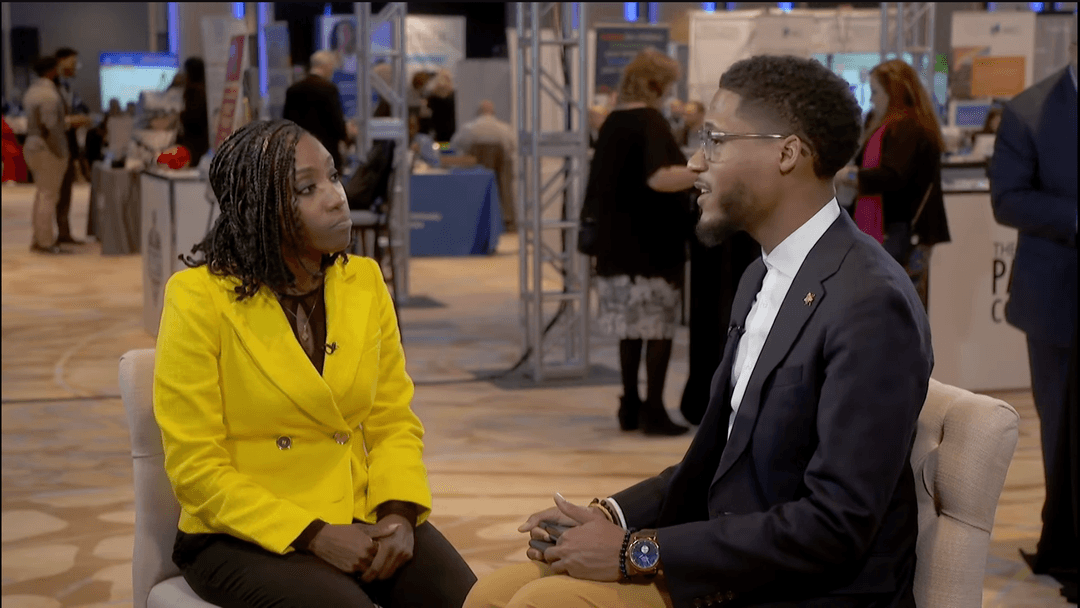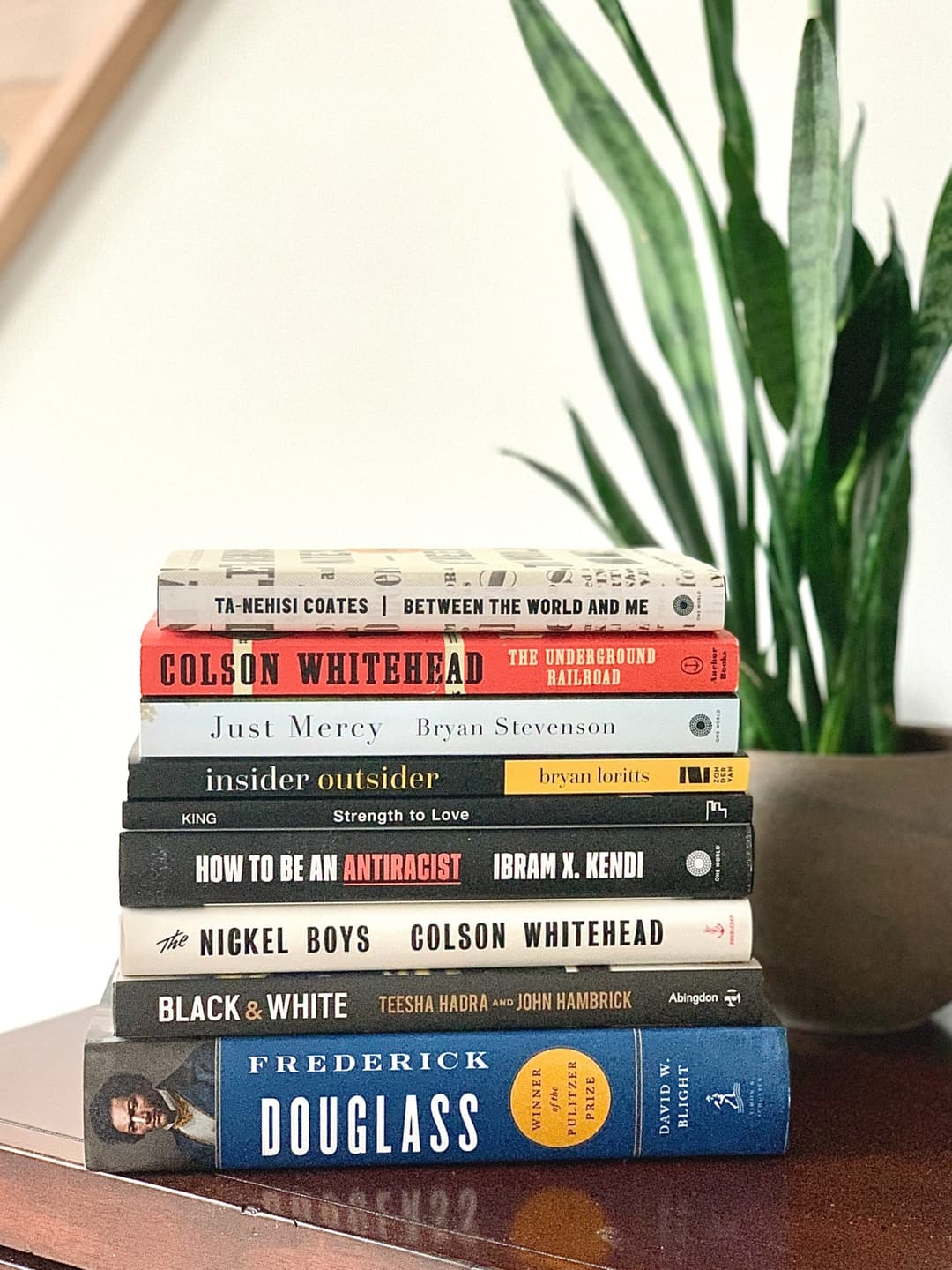Michigan Barber School Reflects on 75 Years of Training Black Barbers and Hair Stylists
Sep 7, 2022
The Michigan Barber School, a historic Detroit barbershops and school that’s known for providing training opportunities to aspiring African American barbers and hairstylists, celebrates its 75th anniversary this year. Founded in Detroit’s Black Bottom neighborhood in 1947, the barber school and public shop has since moved to a newer 6,000-square-foot space, but the school’s mission to prepare students for the barbering business hasn’t changed.
RELATED: Michigan Historical Marker Designated to Detroit’s Historic Black Bottom Neighborhood
Michigan Barber School Director Saul Green sits down with “American Black Journal” guest host Trudy Gallant-Stokes, who’s filling in for Stephen Henderson, to talk about the 75-year history of the Black-owned and operated barber school founded by his father. The duo reflects on the barber school’s success in training and producing expert licensed and educated barbers, stylists and entrepreneurs.
Full Transcript:
Trudy Gallant-Stokes, Guest Host, American Black Journal: Back to the beginning. Started by your father, Forest Green. And he came to Detroit. And he already had that heritage of the Barber College from the South.
Saul Green, Director, Michigan Barber School: That’s correct, Trudy. My dad is from East Point, Georgia, which is just outside of Atlanta, the suburbs of Atlanta. And his father had a barbershop there in East Point as he was growing up. And so he learned the trade there in the barbershop. My dad went on to Morehouse College there in Atlanta.
And cut a lot of hair when he was in Atlanta at Morehouse; cut a lot of his students’ hair. He often talked about the business he had going as a student. And so there were very early roots. And then there was part of the Great Migration that came here in the mid-1930s to Detroit after graduating from Morehouse.
Trudy Gallant-Stokes: So great opportunities in Detroit, I know, but still a lot of limitations back then. What were the challenges that he faced when he came here?
Saul Green: Well, first of all, his degree from Morehouse was in social work, so he worked for several different social work organizations in Detroit. Found that it just wasn’t quite what was exciting for him. He still loved barbering and he was an entrepreneur. And so he looked around though and he saw that the opportunities for Black men and women to become barbers was limited in Detroit. To become even then, a licensed barber, you had to go to barber school. You had to graduate from a barber school, and then you had to pass a state examination.
When he started Michigan Barber School, the Black students, people who wanted to become barbers, Black persons, they could go to what was called the theory part of barber school, learning about the history of barbering, sanitation, that type of thing. But then you couldn’t cut white people’s hair in the barber school.
So then you were apprenticed out to barber shops in order to get that segment of the education. He thought that was wrong and actually had to get go through a process with the state to get the barber school approved so that it could do both… That we could teach theory and have the practical portion of people coming in for barber services. So it was, it wasn’t an easy start, but he was determined and clearly it has worked out.
Trudy Gallant-Stokes: So that’s excellent. Talk about the first location and paint the picture of what Detroit was like back then and what that neighborhood was like.
Saul Green: Well, as many Detroiters know, either based on perhaps having been around or certainly the history of Detroit, that Detroit, of course, was highly segregated, both residentially and from a business perspective. And there were only certain places in Detroit that Black people could live, and there were only certain places that Black people could open businesses.
One of those areas was Black Bottom, where there was a large concentration of Black businesses. From barbershops to cleaners to entertainment spots to whatever the services and needs of the Black community were. They were, for the most part, located there in Black Bottom. So he, of course, ended up with his first location on Hastings Street, which was the renowned main street of Black Bottom. And the Michigan Barber School had its beginnings there.
Trudy Gallant-Stokes: Absolutely. And not only is Hastings Street, like you said, so renowned before it was destroyed, that whole neighborhood. But then barbershops in the Black community have always historically been a place where people kind of gather. So what was it like back then?
Saul Green: Well, so in all honesty, since they actually started…
Trudy Gallant-Stokes: Before your time…
Saul Green: But I did visit the school as a child, but don’t have a lot of recollections of it. I think there’s some pictures that might be available for everybody to see. It’ll give, I think, a real flavor of what it was like. It was small in relationship to what we have now. Now we’ve got about 50 chairs that we can accommodate people. Back then, I think there was less than 20. And the first, interestingly enough, the first class had one woman and so that we were educating Black women in barber, even going back that far. It’s the next move over to Adams. The second location was on Adams Street that I was more familiar with.
Trudy Gallant-Stokes: Okay. So Adams Street downtown?
Saul Green: Yes. Where Comerica Park is essentially is where the Michigan Barber School was until 1963 when it moved on to Grand River.
Trudy Gallant-Stokes: Okay. And became an institution out there on Grand River and still there.
Saul Green: Absolutely. Absolutely.
Trudy Gallant-Stokes: Do you have particular success stories that either you remember or that your dad told you about, about people who came through those doors and I don’t know, maybe started a barber shop of their own or maybe went on to other great things?
Saul Green: Well, the number of people that we have impacted over 75 years. First of all, just the sheer number we’re talking about thousands of people who have gone to Michigan Barber School, become licensed and are operating in Detroit and around Michigan and really around the country. We get, we hear from our former students who have moved on to places. To Florida, New York, other states where they are doing very well. And they are extremely appreciative of what Michigan Barber School taught them. They often say that the best barbers come from Michigan and the best Michigan barbers come from Michigan Barber School.
So we have spread our talents nationwide. But it was a place where a lot of entertainers came where I mean, back in the ’50s and ’60s, the difference in hairstyles was significant. I mean, on a Friday or Saturday night at the Michigan Barber School, half of the chairs would be filled with people getting, men getting their hair straightened. And as it was called back then, compted with the finger waves and so forth. And so I got a chance to watch all of that unfold because my dad really started taking me to… I started accompanying my dad to barber school when I was around 12-13 years old.
I would go down on Saturdays and just help out. Whether it was sweeping up there or ringing the cash register, doing whatever was necessary. So I’ve seen this transition over a long, long period of time and it’s been amazing.
Trudy Gallant-Stokes: So now you’re celebrating the 75th anniversary of Michigan Barber School. So tell us about the event coming up in November.
Saul Green: Well, again, when you, we thought about just how amazing it is to be in existence for 75 years. I often tell our students, particularly if we’re bringing in a new class, I ask them, how long does the average business, small business last in the United States. And they guess all sorts of different numbers.
And I tell them that on the SBA, Small Business Administration website, they say the average rate of time is eight and a half years. So when you’re approaching almost eight decades, you ought to do something significant. So we’re having an event at the International Banquet Center in downtown Detroit at Monroe, where we will commemorate both the founding and all of the important contributions of the Michigan Barber School. Also, we’re going to take good time to recognize a number of our recent graduates. We have been doing graduations but COVID kind of squelched that. And so we’re going to also take the time to recognize recent graduates.
Trudy Gallant-Stokes: Exciting. We look forward to that. And of course, you didn’t become a barber, but you’ve had an incredible legal career in the community and a public servant. And from U.S. attorney to deputy mayor representing Aretha Franklin at times. So you have done it all and we appreciate your support in this community. And I’m sure that was because of your dad’s encouragement and laying that foundation.
Saul Green: There’s no question about it. My dad and my mom, because I have to say, my mom worked there at the barber school in an administrative capacity for a long period of time. But I also have to correct you to say I am a barber. There’s no Green who doesn’t become a barber. And so I cut hair all through undergrad and law school. And I must admit, I tell people often that I think that maybe the qualities of being in the barbershop and those kinds of interactions that you have may be as important to having become a pretty good lawyer and some of the things I’ve accomplished as anything else that I’ve experienced. So the Michigan Barber School has played a big role in my life.
Stay Connected:
Subscribe to Detroit PBS YouTube Channel & Don’t miss American Black Journal on Tuesday at 7:30 p.m and Sunday at 9:30 a.m. on Detroit PBS, WTVS-Channel 56.
Catch the daily conversations on our website, Facebook, Twitter and Instagram @amblackjournal.
View Past Episodes >
Watch American Black Journal on Tuesday at 7:30 p.m. and Sunday at 9:30 a.m. on Detroit Public TV, WTVS-Channel 56.
Stay Connected
Subscribe to Detroit PBS YouTube Channel & Don’t miss American Black Journal on Tuesday at 7:30 p.m. and Sunday at 9:30 a.m. on Detroit PBS, WTVS-Channel 56.
Catch the daily conversations on our website, Facebook, Twitter, and Instagram @amblackjournal.
Related Posts
Leave a Reply
Your email address will not be published. Required fields are marked*
